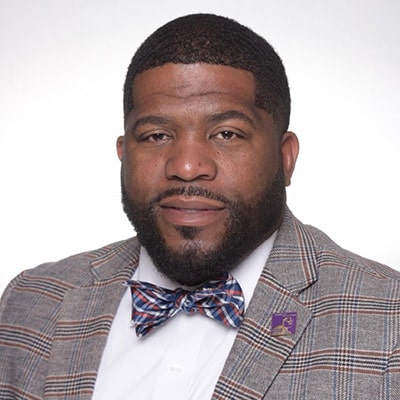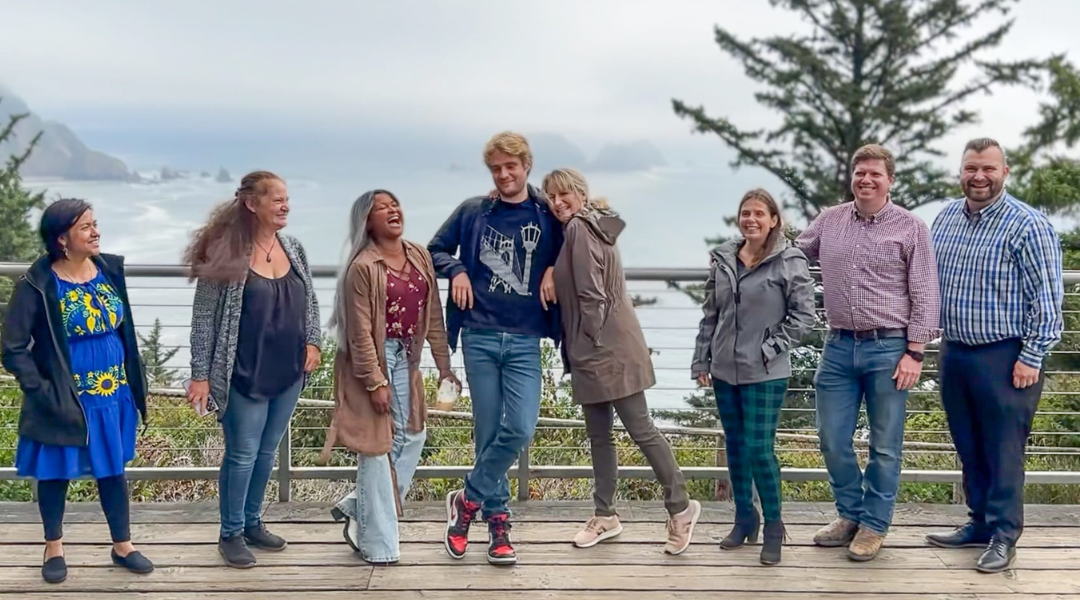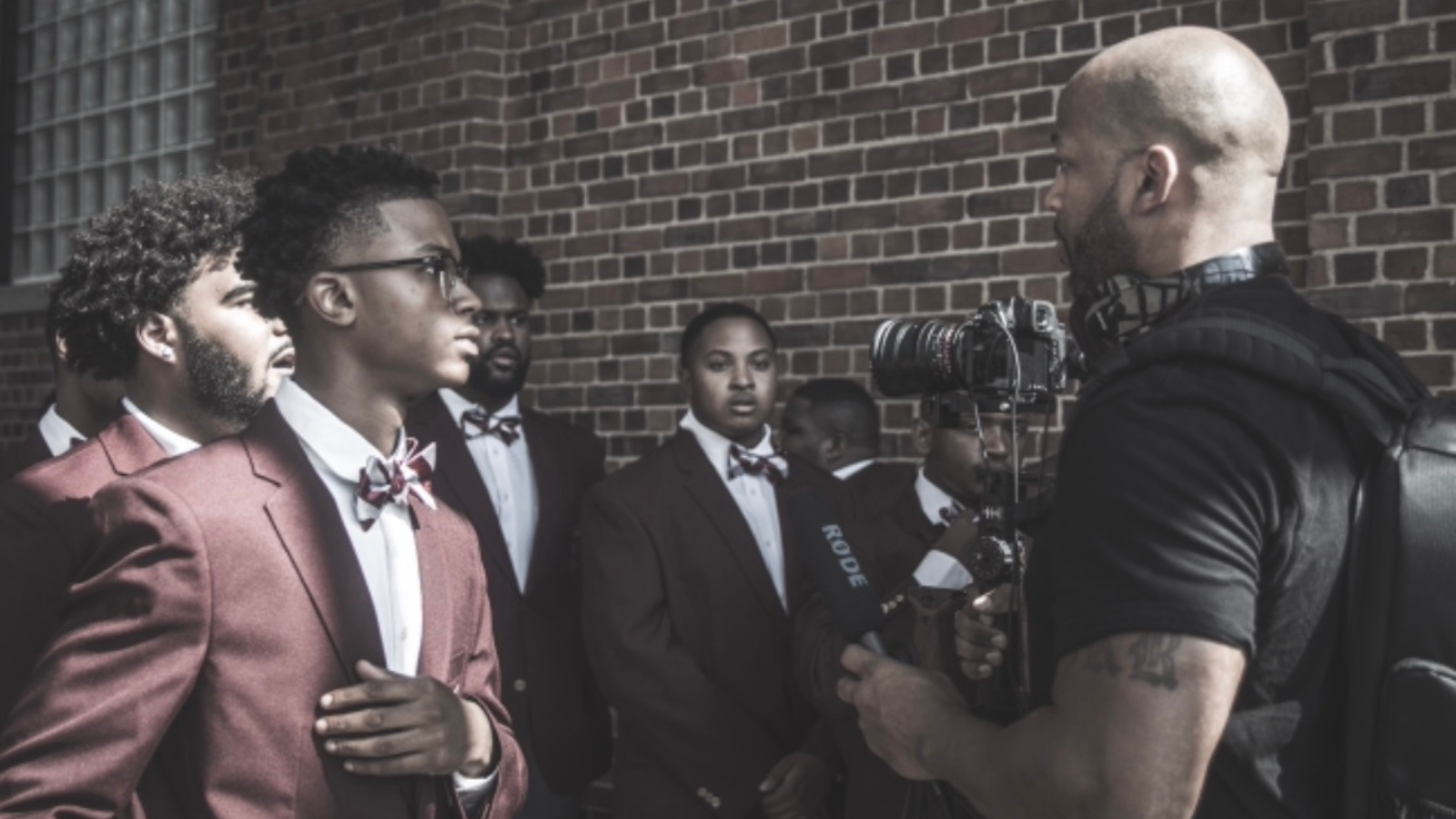What is Generation Uplift and what inspired you to start it?
 Generation Uplift is a student-led nonprofit in North Carolina that uses videography to bring generations together and get them talking about how to fix problems in their communities instead of pointing fingers.
Generation Uplift is a student-led nonprofit in North Carolina that uses videography to bring generations together and get them talking about how to fix problems in their communities instead of pointing fingers.
I was raised by my grandparents and they always taught us about respecting people and being kind. My favorite quote is from Frederick Douglass: “It’s easier to build strong children than to repair broken men.”
I’ve always had a passion for helping people. I was that kid, where if a new kid came to school, I was gonna go talk to them first. I’m a community-oriented person and this work is about how to put communities back together.
What problem are you trying to solve?
I don’t think conversations between generations are happening enough. We operate in different age silos and I think that’s why we have a lot of problems. If we could just sit down together and listen to each other, there’s so much we can all learn from each other about how to improve our communities.
I want to teach young adults how to tell stories through video and photography and to support them in solving community problems they’re passionate about by connecting them with older adults who have experience in those areas. I want to spread awareness of the good things happening at the community level and inspire more people to take similar actions.
How does Generation Uplift work?
I do a lot of outreach to find young people who are passionate about a particular problem in their community, and then I find older adults who have experience in that area, and I put them together to work on a project together.
We recruit from local churches, community centers and schools.
Right now we have 12 groups focused on different community issues, each one composed of three young people ages 16-25 and two older adults. That way the projects can always move forward, even if someone is busy and can’t meet.
The groups are working on issues like homelessness, gun violence and getting youth on a better path after they’re released from juvenile detention centers. They create the project and timeline, and we rent them a camera and meet with them monthly to check in, hear what they’re learning and provide guidance if they’re getting stuck.
Why choose a cogenerational approach?
Growing up, I loved having conversations with my grandparents and learning how they operated when they were younger. Some of the things they taught me I still use today.
I still love being around older people – it’s just in my nature. Whenever I go to the grocery store, I’ll always find the older person to talk to and I get to learn something. I think there’s so much we can learn from each other. It goes back to that village model of listening to everyone. The world is moving so fast. I think we all need to slow down and listen.
What’s your big audacious vision? If you succeed, what change will we see?
I’d love to have a documentary series on Netflix or PBS, or even get it up on YouTube so that millions of people could see how generations are coming together to solve community problems and be inspired to get involved in their own community. There are so many small towns doing great things. How can we help each other and not forget about the older people or dismiss the younger people?
Right now this is a part-time gig for me, but one day I want to do this full-time. I want to wake up and go to bed doing this work.
How can people get involved with your work?
If you’re a young person living in North Carolina and want to create a project, reach out to me at [email protected] and tell me what problem you want to solve. What’s that itch that keeps you up at night? What are you passionate about? If you’re an older adult, what experience can you bring to the table that would help young people solve community problems?
Favorite book?
The Boxcar Children, which was about a family of kids and their parents passed away and they were living out of box cars and learning how to survive off the land. I loved that series. I can imagine it in my head, and see those kids living off the grid and surviving without parents but with each other.
Learn more about Roderick Heath here.






 Generation Uplift is a student-led nonprofit in North Carolina that uses videography to bring generations together and get them talking about how to fix problems in their communities instead of pointing fingers.
Generation Uplift is a student-led nonprofit in North Carolina that uses videography to bring generations together and get them talking about how to fix problems in their communities instead of pointing fingers.